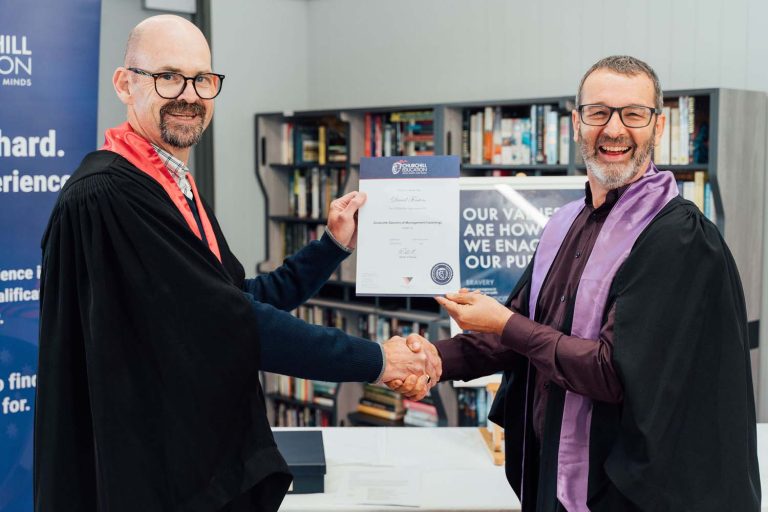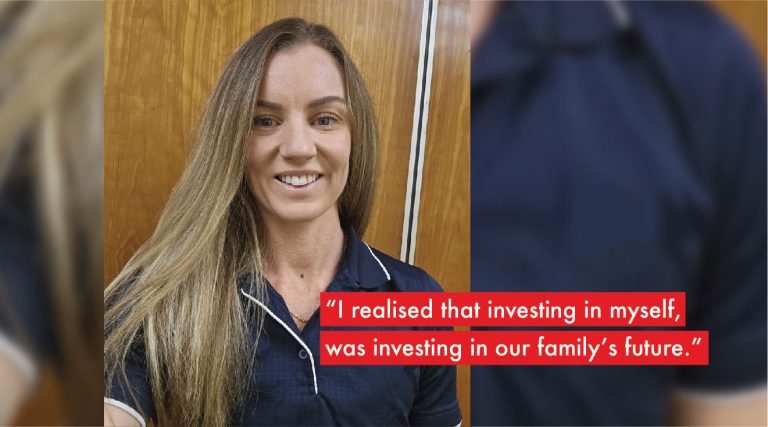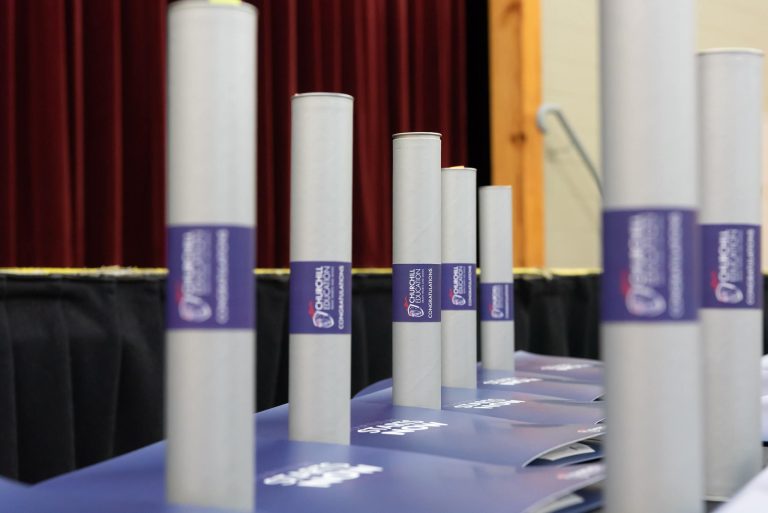Are you worried about job security? Then you’re not alone.
According to the National Australia Bank’s consumer anxiety survey, Australians have become increasingly concerned about the security of their jobs over the past few years as the economy slows down.
Announcements such as Holden’s, in which they stated they would be stopping Australian production of their vehicles from 2017 has added to a general sense of unease about hanging onto our industries and therefore our careers.
The widespread concern seems to be closely connected to an increased anxiety about the cost of living, with utility bills and child education topping the ‘worry list.’
It is also linked with a demographic shift, resulting in workers over 45 dominating the job market. Whereas in previous decades, mature workers were more likely to consider themselves ‘on the home straight’ to retirement: settled into a career with little or no competition at their level, they are now facing a situation where they are needing to prove their worth against other mature workers and younger people entering the workforce, straight out of college and university.
As a nation, we have slowly come to accept that ‘jobs for life’ are an exception to the norm, however, this increased anxiety about job security is a worrying trend. It begs the question:
What can we, as individuals, do to put ourselves in a better position?
The reality is that we cannot change the heightened competition. The percentage of mature workers will continue to increase and those who are concerned about the stability of their position need to find ways of highlighting their worth: Showing employers that experience, skill and talent combine to make them indispensable in their role.
The problem with experience is that we, as employees, can fall into the trap of assuming our employers will know we have certain key and specialist skills, simply because we have been performing our job for a number of years. And here lies the problem. Employers do not and cannot afford, in the current economy, to assume anything.
Find out what you’re eligible for
What this means is that if an employee does not have formal recognition of their skills, an employer may not recognise them. And this can cause the employee to lose out on a new position, or even in a downsizing situation, where bosses are considering the staff members to keep and those to be made redundant.
Ensure your skills are recognised
So, how to you ensure your skills are formally recognised? Go back to college? Study a course via distance learning? Is it really necessary to re-study the skills you already have in order to gain formal recognition for them?
Luckily, the answer is ‘no’.
You may not have heard of Recognition of Prior Learning (RPL). But, if you are looking to additional security in your career, you may be extremely glad you now have.
How does Recognition of Prior Learning work?
The purpose of Recognition of Prior Learning (RPL) is to recognise skills you already have, ones that you have been using in your role or your wider life and match them to the requirements of a nationally recognised qualification. No study is required. No attendance at college. No exams. RPL uses evidence you provide to prove you don’t need be examined in these skills, as you’re already using them on a daily basis.
If you have heard of Recognition of Prior Learning before, you may have been told that it is a painful process, including reams of educational paperwork and a list of required evidence as long as your arm. That it’s actually easier to attend a college course, rather than attempt to match your skills with a qualification. In some training organisations, this is true. You are left alone to navigate through the process and, unless you love a good puzzle, you’re unlikely to complete it within a few months, if at all!
Luckily, this is not the case with all companies. Churchill Education has devised a unique RPL system which only requires you to provide easily collected evidence, sit back, and allow the company to complete all of the academic paperwork, all the matching of skills and simply send your qualification to you within 28 days.
You could feel more secure in your role, within 1 month, without needing to study or undertake any hard work.
If you would like to find out more about how Recognition of Prior Learning could add to your career security, call us on 1300 793 002 for a free chat and qualification appraisal.
We look forward to hearing from you and putting your mind at rest.








